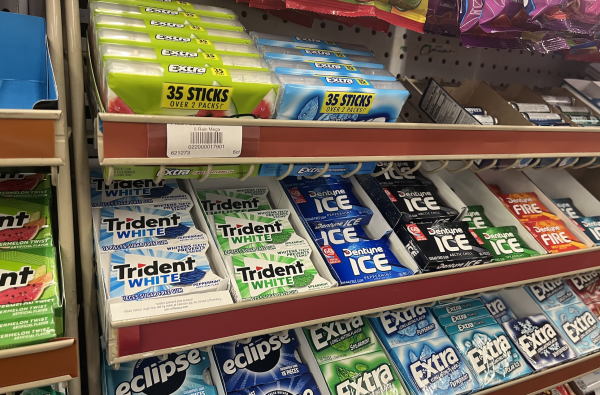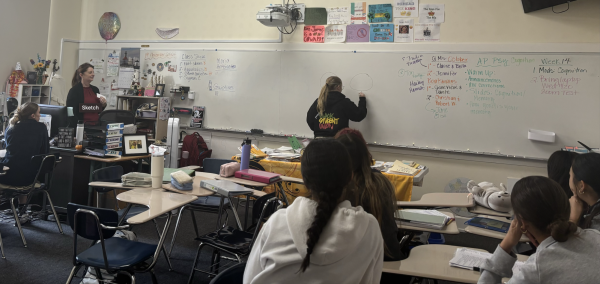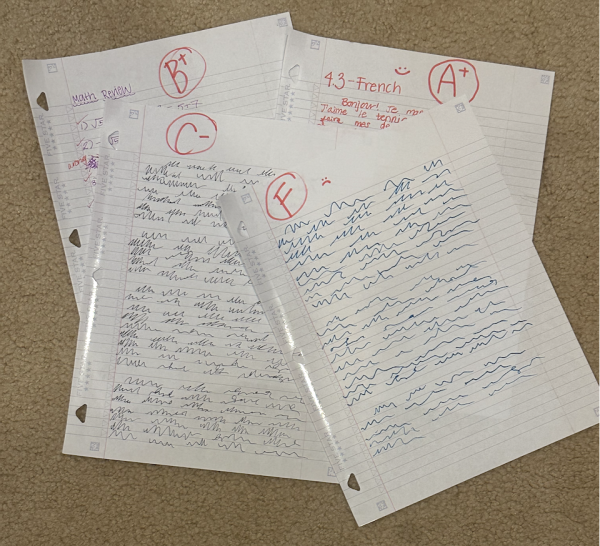The truth about Panic Buying
Most are used to seeing fully stocked shelves with any food or household item imaginable available for purchase at grocery stores. The opposite was the case as I entered my local Andronico’s during the Coronavirus pandemic. On March 14, 2020, during a trip to my local Andronico’s, I noticed some things that made this experience different than any other. First off, shoppers kept a noticeably large difference from one another. Individuals who were walking down the same aisle would keep as wide of a distance from one another as space would allow. In addition, unlike usual there were multiple aisles with empty shelves. Specifically, many shelves that would usually hold cleaning supplies like paper towels, soap, and laundry detergent were cleared out. Staple food items like milk, eggs, pasta, and cereal were noticeably less well-stocked than they normally are. In terms of the appearance of people, many were donning face masks as well as gloves. The employees would stand at the end of the checkout stations in order to wipe down each shopping basket and cart as each shopper finished.
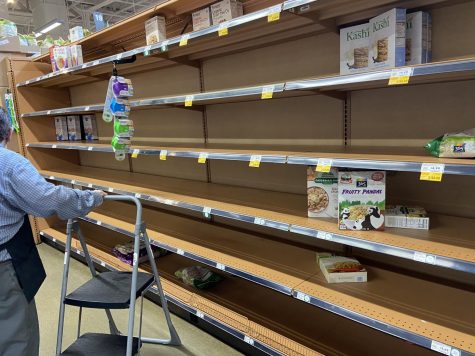
On a nationwide scale, people have been stocking up on toilet paper, hand sanitizers, and canned food. From fighting over a package of nonperishables to standing in lines that snake throughout a Costco parking lot, what has surprised me the most throughout the panic buying period, is the lengths people will go to have peace of mind over the situation. For instance, according to a New York Times article, one individual purchased 17,000 individual hand sanitizers.
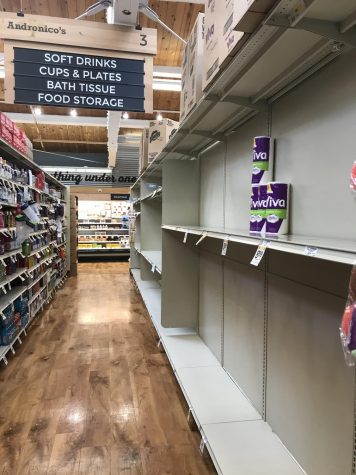
Panic buying is an effect of the general anxiety during this time due to people feeling like this situation is out of their control. The anxiety and fear are only heightened by the Coronavirus being the primary topic of every news outlet. Experts say that stocking up can be a coping mechanism as it helps ease anxiety. However, many are buying thousands of one item which is making it difficult for others who need it just as much to buy even one of that item. Furthermore, clearing out a store of a product, forces others to have to buy that necessity in bulk which some may not be able to afford and also creates more waste. People should purchase their household necessities, but remain realistic and positive and not create a false idea in their minds as a result of what they have been seeing in the media that would lead to panic buying.
What is best to do during this time, is to only stock up on what one needs rather than purchasing excessive and unnecessary amounts of items. Similar, to how not leaving the house and gathering saves another person from potentially getting the virus, in buying only the amount that we need, we are helping others out by ensuring that they have access to supplies that they need just as much as the rest of us do.

